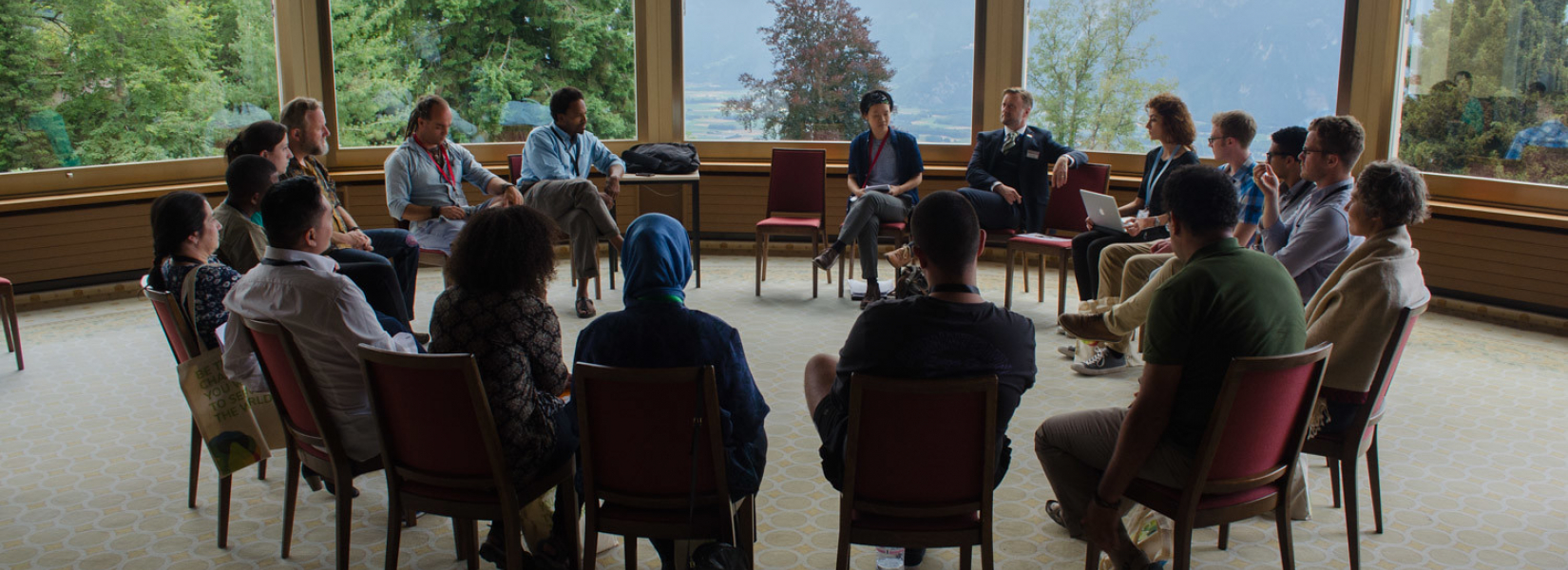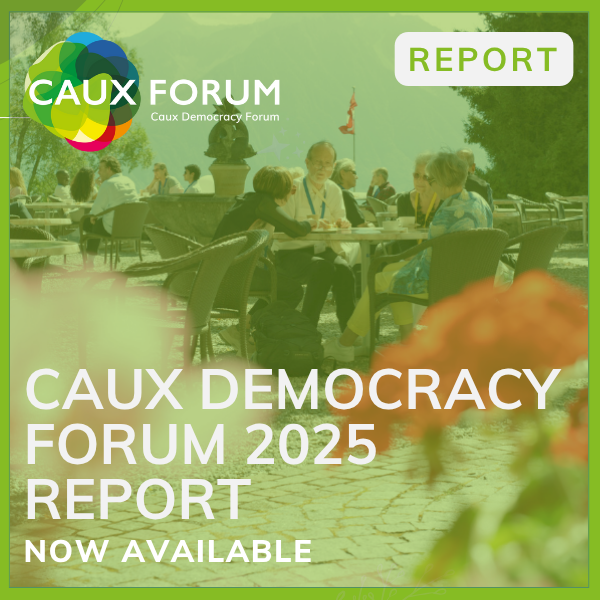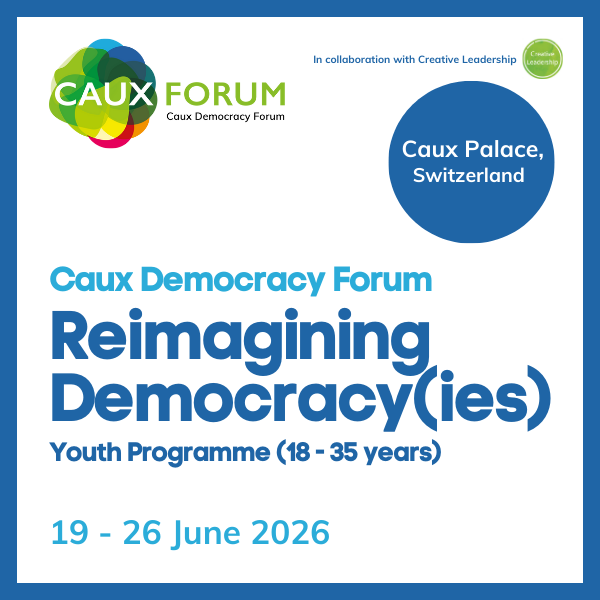The Business of Land Restoration and Trust
Caux Dialogue on Land and Security 2017
10/08/2017
Up to 60 million Africans will move to Europe by 2030 if land degradation continues, the Deputy Executive Secretary of the United Nations Convention to Combat Desertification (UNCCD) warned the fifth Caux Dialogue on Land and Security (CDLS). Dr Pradeep Monga was speaking at the opening of the dialogue, which was co-organized by Initiatives on Land, Lives and Peace (ILLP), the CAUX-Initiatives of Change Foundation, the UNCCD and the International Union for the Conservation of Nature (IUCN), and ran from 11-15 July, 2017.
Up to 60 per cent of the world’s conflicts are driven by disputes over natural resources, said Dr Monga. He spoke of the importance of land restoration for the environment, peace-building, communities and businesses around the world. ‘We need to build trust,’ he said. ‘It is important to have all the stakeholders around the same table first.’
Zimbabwe’s prosperity will depend on sustainable land management, stated Zimbabwean Environment Minister, Oppah Muchinguri-Kashiri. Part of the country’s military budget already goes to tree planting.
This year’s CDLS focused on the role of business, and was divided into in three parallel streams: restoration, business, and peace and governance.
Land degradation is accelerating despite solemn international commitments, and affects some of the land we most depend on to feed the world. Yet the restoration stream finished on a note of optimism, as Rosemary Namatsi and John D Liu shared stories of regeneration from Africa and Asia.
Participants agreed that the technical aspects of land restoration are simpler than creating the social and political conditions they require. Among the topics discussed were Ecosystem Restoration Camps, and the importance of holistic management for locking carbon in the soil (addressed by Seth Itzkhan) and conserving grazing lands and water (reviewed by Judith Schwartz). Renald Flores gave a moving account of his journey from hedge fund manager to soil restoration consultant.
In the business stream Sofia Faruqi from the World Resources Institute (WRI) outlined the challenges of engaging private capital in restoration projects. Simeon Max from FairVentures Worldwide gave examples of farmer-driven social forestry in Borneo and Alan Laubsch of Lykke Wallet presented innovative ways of funding restoration. Dr Mervat Abdel-Nasser described the creation of the New Hermopolis ecological complex in Egypt.
Oliver Gardner from Regeneration International spoke of the potential of Commonwealth countries in reversing climate change, while Dr Bremley Lyngdoh described World View’s large-scale mangrove restoration projects in Myanmar. Dorn Cox introduced Farm OS – a website for the exchange of farming knowledge. David Plattner and John DeBenedette from the Rain Trust launched a crowdfunding platform for forest restoration. The stream closed with a panel on linking private capital to land restoration projects, featuring Willem Ferwerda, CEO of CommonLand, David Jackson of the UN Capital Development Fund and the former IUCN Director General, Julia Marton-Lefèvre.
In the peace and governance stream, Yousif el Tayeb, Executive Director of the Darfur Development and Reconstruction Agency, spoke of the interrelated challenges of land degradation and urbanization in Sudan. The founder of Greenhorns, Severine von Tscharner Fleming, explored how young farmers can access land at a time when most farmland is devoted to large scale production. Dr Muhammad Swazuri, Chairman of the Kenyan National Land Commission gave an overview of the causes of land conflicts in Kenya and of alternative approaches to resolving disputes.
CDLS 2017 saw the continuation of the Emerging Leaders mentoring programme, which offers a platform for introducing new technologies. There was also a report on the progress of the Kenyan Dialogue on Land and Security over the past two years and the next dialogue in Kenya was announced.































